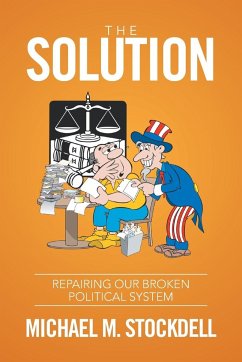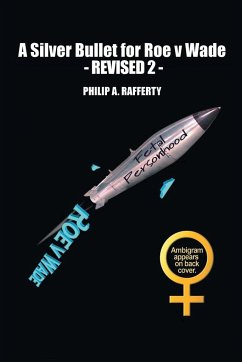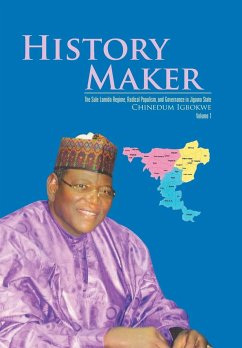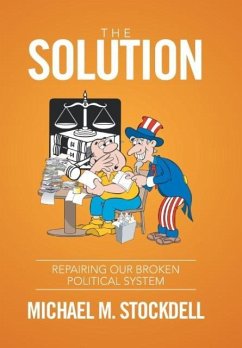There is an alarming ignorance existing in our nation today, with respect to the most basic feature of its economic system. Granted, many understand that it is based on free enterprise and the profit motive. Also, more than a few would realize too that it is a system of commodity production, where such commodities are necessarily useful and exchangeable on the open market. Indeed, all commodities must possess these two essential characteristics. However, far too few understand that the power to labor is also a commodity, for it has use value, as well as exchange value. This is so because it is useful to the owner of the means of production and it is sold (exchanged) for wages on the open market. Among the millions of commodities, which total the (GNP) Gross National Product, labor power has a unique quality possessed by no other commodity. When used on raw materials and machines in the process of production, it can and does create a value in excess of its own. It alone is a commodity that creates surplus value. Both the famous economists, Adam Smith (Wealth of Nations) and Edward Ricardo, recognized this Labor Theory of value. Indeed, during the 18th and 19th centuries, it was the accepted view of the source of wealth. However, with the widespread exploitation of slave labor and the threat of reparations to the slaves that would logically follow once they were freed, the labor theory of value was gradually and deliberately replaced by the concept of value based on the free market of supply and demand. The only value received by the slave was the value of the commodities used to maintain himself-his food, clothing, and shelter (the basic necessities of life). The only value received by the Texas prison inmate is the same-food, clothing, and shelter (the basic necessities of life). Thus can be seen the enormous amount of surplus value, and hence wealth, that is produced by such control and exploitation of prison labor power. Not only is the prison class directly and adversely affected, but indirectly, also is the working class as a whole (which in the United States is more than 125 million people).
Hinweis: Dieser Artikel kann nur an eine deutsche Lieferadresse ausgeliefert werden.
Hinweis: Dieser Artikel kann nur an eine deutsche Lieferadresse ausgeliefert werden.








